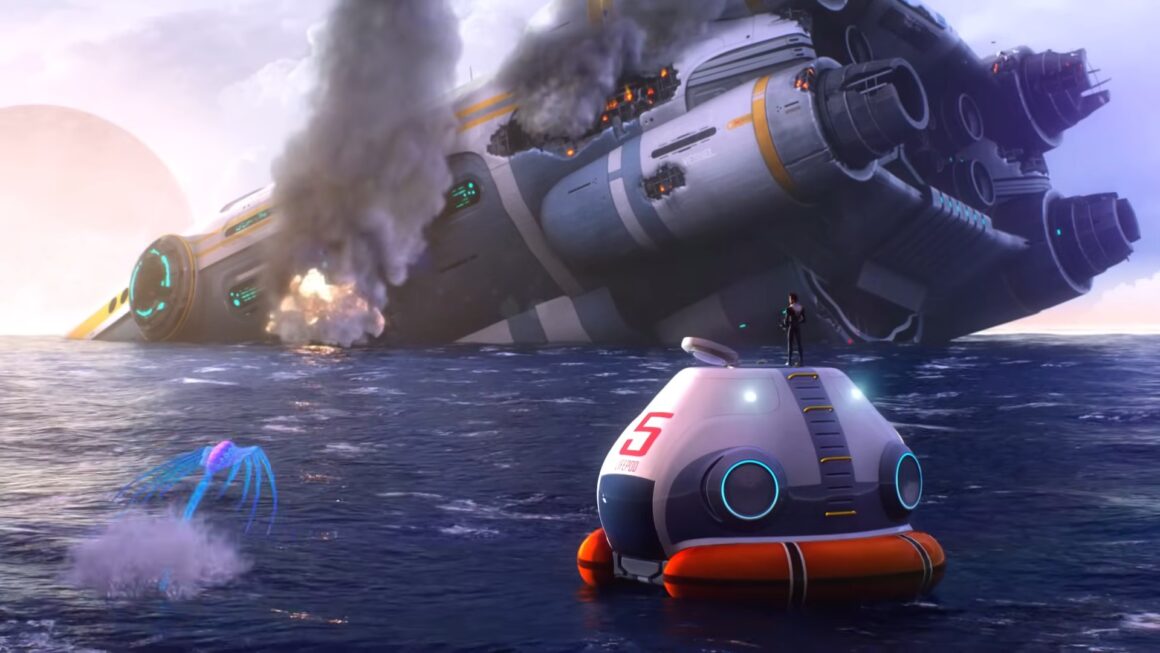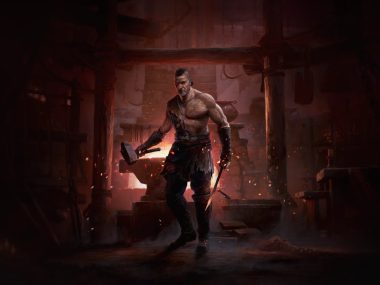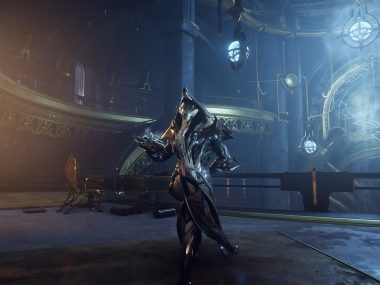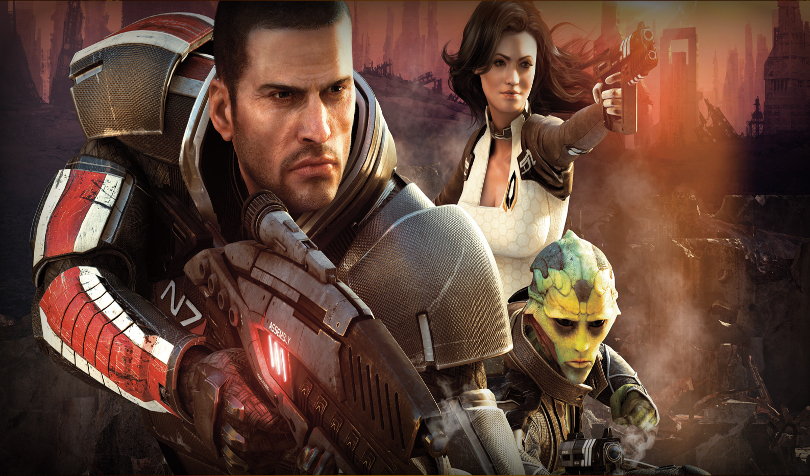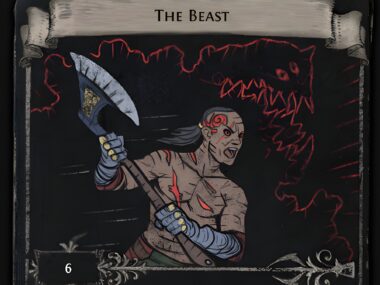A Shift in the Lawsuit
There has been a change in the ongoing lawsuit between Krafton and the co-founders of Unknown Worlds, the studio behind Subnautica. Krafton has withdrawn its claim that the founders tried to push Subnautica 2 into early access before it was ready in order to secure a $250 million performance bonus. Why? They couldn’t provide proof during discovery.
That’s a huge blow to the credibility of Krafton’s case. If you’re making a claim this serious, how thoroughly did you actually go through the evidence before filing? To accuse people of plotting to release a game prematurely, without being able to back it up, looks reckless at best.
Why the Claim Never Made Sense
It was always a strange accusation. Everyone knows Krafton bought the company. The idea that the co-founders would just “leak” Subnautica 2 into the wild never held water. Sure, someone out there would download it, but it would be illegal. It would destroy the co-founders’ reputations. They’d also be on the hook legally. There was no upside.
The only thing the founders can clearly be held accountable for is the improper downloading of company files after leaving. That’s bad enough without needing to stretch the argument into unprovable territory.
Where Krafton Still Has a Case
From an outsider’s perspective, Krafton still had strong ground to stand on before this misstep. Two co-founders, Charlie Cleveland and Max McGuire, stepped back from Subnautica 2. Cleveland even admitted he needed a break and started working on a movie. Leadership absence matters when you’re steering a multi-million dollar game.
The first early access build of Subnautica was buggy and lacked features. You could see the potential, but would not meet the requirements for a AAA launch. Krafton is a publicly traded company. They didn’t spend half a billion dollars to push out a low-quality release. Players might accept a messy early access build, but shareholders wouldn’t.
Let’s not forget Moonbreaker. Unknown Worlds’ follow-up to Subnautica flopped hard, partly because it lacked a single-player mode. Subnautica is beloved for its single-player experience. Why pivot to something your audience didn’t ask for? If Moonbreaker had been even modestly successful, it could have covered part of the bonus tied to Krafton’s performance metrics. Instead, it drained momentum at the worst possible time.
If it were me? I would’ve kept the audience engaged with another Subnautica DLC while Subnautica 2 was in development. It’s baffling they didn’t.
Why Judges Avoid Quality Battles
There’s another angle that often gets overlooked: judges can’t, and shouldn’t, decide whether a game is “ready” for early access. That’s not their lane. Game readiness is subjective and tied to industry standards only insiders fully understand. Unless the contract spells out clear, objective criteria for “ready,” a judge has to stay out of it.
Krafton seems very aware of this. By dropping their early access claim, they’ve made sure the court doesn’t get drawn into ruling on subjective questions of game quality. Instead, they’re now focusing on more straightforward accusations: leadership neglect, absence from the project, and mishandling confidential data.
Where Things Stand
This fight isn’t going away soon. The ousted founders claim Krafton was just trying to avoid paying a massive $250 million bonus. Krafton says the founders abandoned their roles and mishandled sensitive files. Fans are frustrated, some calling for a boycott. The case could drag on for years.
Here’s the takeaway: once you submit a claim without evidence, you can’t just walk it back without damage. Krafton may still win on other grounds, but they’ve undercut their own credibility in the process.
